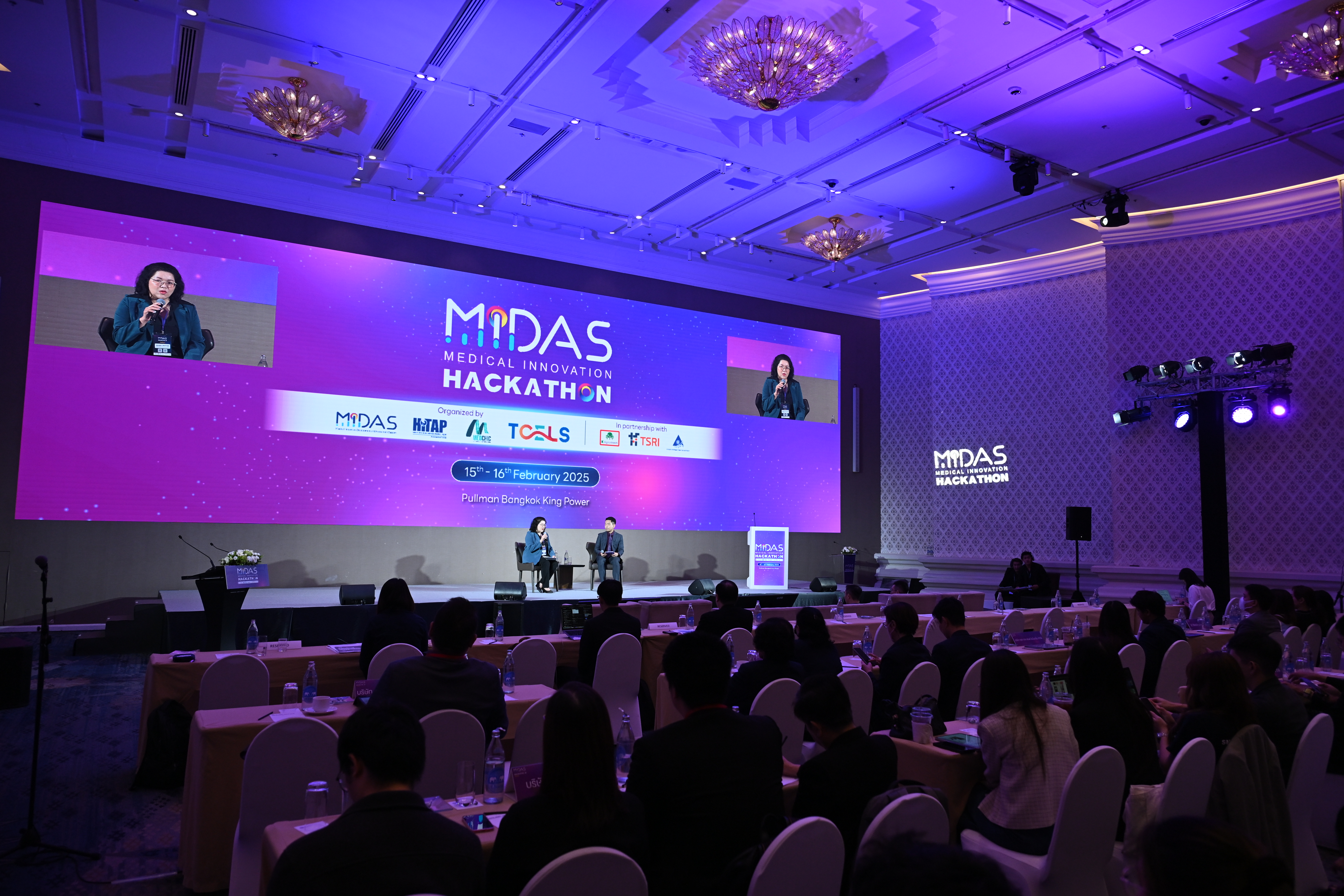HITAP Foundation รับรางวัลเกียรติยศ “5 ทศวรรษ ระบบยาประเทศไทย” พร้อมร่วมเสวนาทิศทางบัญชียาหลักแห่งชาติ



(Reuters) – India’s highest court will hear final arguments starting this week in a landmark case over drug patents that could change the rules for the country’s healthcare sector and potentially curb its global role as a supplier of cut-price generic medicines.
The Supreme Court hearing pits Swiss drugmaker Novartis AG against India’s patent office, which has refused to grant a patent on the company’s cancer drug Glivec on the grounds that it is not a new medicine but an amended version of a known compound.
A patent would recognize Novartis’ property rights, in a blow to generic drugmakers who supply medicine to 1.2 billion Indians and to poorer nations across the world, although generic forms of Glivec launched before 2005 would stay on the market.
The case has rekindled tensions between Big Pharma and India, following a decision by the patent office in March to strip Germany’s Bayer AG of its exclusive right to sell another costly cancer drug, Nexavar, because most Indians cannot afford it.
The hearing involving Novartis starts on Wednesday. It is expected to last several weeks, with a verdict a month or two later.
Western firms see huge potential in India’s rapidly growing economy but are wary of lax protection for intellectual property. They argue India is failing to recognize valuable medical innovation.
Their critics – who include international aid groups and Indian generic drug manufacturers – say a win for Novartis would jeopardize the supply of cheap medicine to hundreds of millions of people in India and around the world, since India is the world’s biggest exporter of cheap generic drugs.
“The stakes are very high on both sides,” said Leena Menghaney, a manager in New Delhi for Medecins Sans Frontieres (MSF), which relies on Indian-made generic drugs to treat AIDS and other diseases in Africa and many poor countries.
Novartis’ drug was approved in 2001 in the United States, where it is sold under the trade name Gleevec and can cost $70,000 a year. Patients take one or two pills a day, depending on the dosage.
Discount programs mean it is available for a lot less in poor countries and in India more than 95 percent of patients receive it free of charge under a company donation scheme, according to Novartis. Indian generic versions, meanwhile, cost about $2,500 a year.
Indian generic companies can produce drugs at a fraction of the cost of originator firms like Novartis or Bayer because their costs are lower and they do not need to plough money back into future research.
PATENTS VS PATIENTS
Menghaney fears a decision by India’s top court to make it easier for drugmakers to win patents by giving way to Novartis would undermine India’s position as “pharmacy to the developing world”.
Novartis says such fears are unfounded, arguing there are many legal ways to get cheap generic drugs to poorer nations.
A loss for Novartis in the case would not have a big financial impact, since India is never likely to account for more than a small fraction of Glivec’s global sales, which totaled $4.7 billion last year. The real concern for the industry is that a rebuff would confirm India as a country where patents are exceptionally hard to secure.
Gilead Sciences Inc is also fighting a patent rejection on its HIV/AIDS medicine Viread in an Indian court, while Roche Holding AG is battling to defend its cancer drug Tarceva from cut-price generic copies.
At the heart of the Glivec case is dispute over what level of innovation is needed to secure a patent in India, where section 3(d) of the Indian Patent Law sets strict restrictions on multiple patents for one drug.
Novartis has been fighting since 2006 to get a patent on an amended form of Glivec, which oncologists view as a major advance in treating chronic myeloid leukemia and some gastrointestinal cancers.
Its bid has been rejected because an older version of Glivec was granted a patent in 1993 in some markets, although not in India where drug patents were not applicable at the time.
The case matters to Novartis because India is an important emerging market. The Swiss company says it needs certainty if it is to invest in the country in the long term.
“The patent for Glivec is not really the issue here. It is just an example of us wanting very clear legal clarity about what kind of innovation is patentable,” Paul Herrling, head of the Novartis Institute for Tropical Diseases, told Reuters. The institute is a unit of the pharmaceutical company that focuses on diseases in the developing world.
In contrast to other countries, India’s patent law prohibits patents on a newer form of a known drug unless it offers a significant advance in efficacy.
The aim is to prevent “evergreening”, or adding new patents that tweak a product to extend exclusivity. Novartis argues this does not apply to Glivec, since the initial patent was for a version of the drug that needed a major re-design to make it effective.
“The judgment will have a far-reaching impact,” said Deepak Malik, analyst at brokerage Emkay, who believes other emerging countries like Brazil and China will be watching closely.
Emerging market economies are increasingly wary about ceding too much market power to Western drugmakers, who are targeting their expanding middle classes as an important growth market at a time when U.S. and European sales are flagging.
China, for example, recently amended its patent laws to enable companies to produce generic versions of patented drugs in certain circumstances, although the measure has not yet been used.
It boils down to balancing patents against patients, Menghaney of MSF believes.
“If you make patents easily available in India there will be less ability to produce different kinds of generics,” she said in an interview. “Novartis wants patent quantity, while India would like to see a more qualitative system that only awards patents for truly new inventions.”
(Editing by Raju Gopalakrishnan)
http://reut.rs/OJzLoN